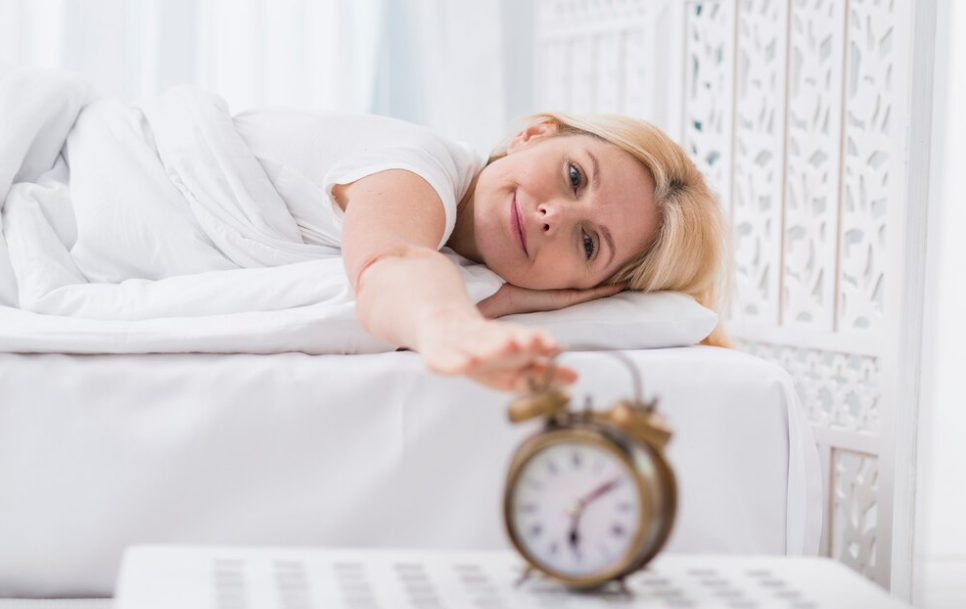Prioritize Sleep: Aim for 7-9 hours of quality sleep each night to support cognitive function, mood regulation, and physical recovery.
- Establish a routine. Putting yourself to bed around the same time every night isn’t just for kids. …
- Skip the nightcap. …
- Turn down the thermostat. …
- Avoid screens. …
- Use your bed only for sleep. …
- Don’t hit snooze. …
- Exercise (but listen to your body). …
- Nix naps.
You should make sleep a priority because a lack of sleep can increase anxiety, leading to a vicious cycle where your stress causes you to be unable to sleep and your inability to sleep causes more stress.
Sleep needs can vary from person to person, but in general, experts recommend that healthy adults get an average of 7 to 9 hours per night of shuteye. If you regularly need more than 8 or 9 hours of sleep per night to feel rested, it might be a sign of an sleep or medical problem, Gamaldo says.
How many hours is oversleeping?
Oversleeping, also known as “long sleeping,” is when you regularly sleep for more than 10 hours per day. People are often concerned about not getting enough sleep. However, oversleeping may also pose several health risks and indicate the presence of an underlying health condition.



